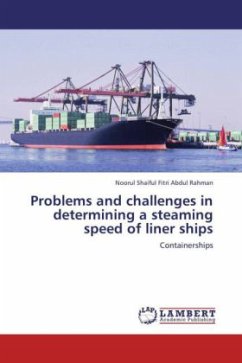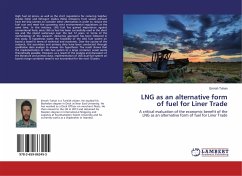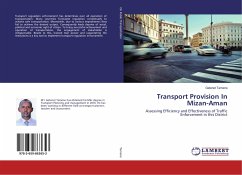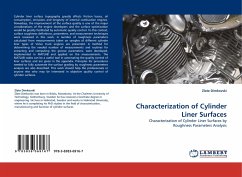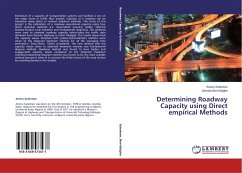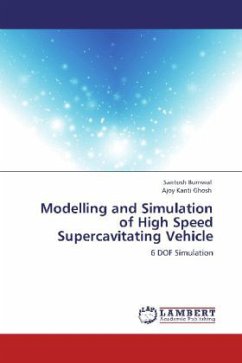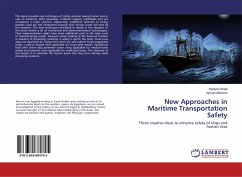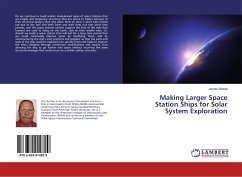In late 2008, the global economic recession occurred. Consequently, most shipping companies suffered operating losses on international trade during this term especially for long-haul loop services. Additionally, the sharp increase of bunker fuel price caused the bunker fuel cost for containerships to be substantially increased. Hence, selection of an appropriate steaming speed of containerships for a specific leg or loop of trade service is one of the most important decisions shipping lines have to make in order to reduce vessels expenditure costs together with providing a good service performance to customers. Also, there is high pressure from the environmental lobby encouraging shipping companies under stress to reduce the speed of containerships so as to reduce emissions produced by the container shipping sector. The implementation of different levels of steaming speed will automatically influence the vessels expenditure costs together with other elements such as total journeytime, total number of vessels deployed, total fuel consumption, etc.. This book is reviewing the problems and challenges in determining the steaming speed of liner containerships.

